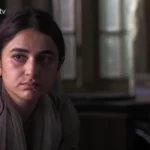Fitoor Drama Review – The Pakistani drama industry has produced some of the most memorable stories in South Asian entertainment, and among these, Fitoor Drama Review holds a special place. This drama attracted massive attention not only because of its strong cast but also due to its compelling storyline, which skillfully blended love, betrayal, sacrifice, and societal values.
The drama revolves around the lives of characters who are torn between love, loyalty, and societal expectations. It showcases how deep-rooted emotions like obsession and greed can shape destinies, often leading to unanticipated consequences. Audiences were intrigued by the portrayal of flawed yet relatable characters, making Fitoor one of the most talked-about dramas of its time.
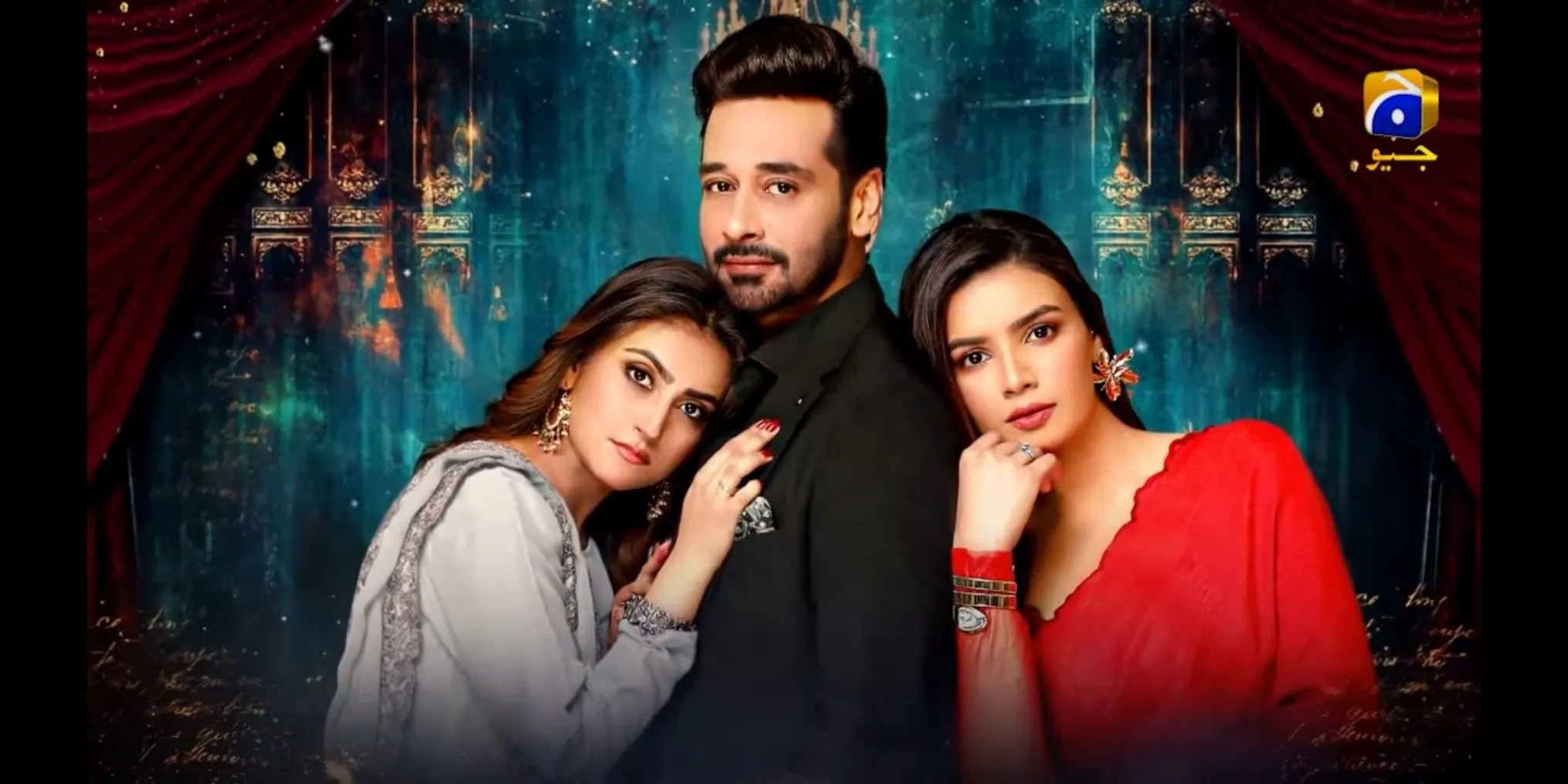
This review aims to provide an in-depth perspective on why Fitoor captured so many hearts and sparked critical debate. From the performances of Faysal Quraishi and Hiba Bukhari to the direction and production quality, every element contributed to its overall impact. Whether you are someone who has already watched the drama or are considering starting it, this Fitoor Drama Review will give you everything you need to know.
Background Information
To better understand the success of Fitoor, it is essential to look at the background of its production and release. The drama was aired on Geo Entertainment, one of Pakistan’s leading television channels, and produced under the banner of 7th Sky Entertainment. The production house is widely recognized for delivering hit projects, and Fitoor further strengthened their reputation.
Directed by Siraj-ul-Haque and written by Zanjabeel Asim Shah, the drama was crafted with a balance of entertainment and moral lessons. It first went on air in early 2021 and quickly gained high TRP ratings. This drama featured a star-studded cast including Faysal Quraishi, Hiba Bukhari, Wahaj Ali, and Kiran Haq, each bringing depth to their characters.
The creators of Fitoor aimed to highlight the dilemmas of love, class differences, and the destructive nature of greed and obsession. The word “Fitoor” itself means obsession or madness, which perfectly reflects the central theme of the drama. The background of the story is deeply rooted in societal challenges that many viewers found relatable, making the show more impactful.
In this Fitoor Drama Review, it is important to note that its background ensured the perfect combination of a gripping script, powerful performances, and high-quality production, all of which kept audiences invested week after week.
Plot Summary
The storyline of Fitoor is a captivating tale of love, passion, betrayal, and obsession. It revolves around Haider (played by Faysal Quraishi), a wealthy businessman who appears to have everything in life but carries deep scars from his past. His life takes a turn when he encounters Dilnasheen (Hiba Bukhari), a simple yet strong young woman who becomes the center of his world. However, Dilnasheen herself has an emotional history with Hamza (Wahaj Ali), a man who continues to haunt her life.
The drama explores how unresolved love stories and past relationships can complicate new beginnings. Haider, despite being older, is drawn to Dilnasheen’s innocence, while Hamza refuses to let go of her, creating an emotional tug-of-war. The entry of Mehmal (Kiran Haq), Haider’s former love, adds another layer of complexity. Her manipulative nature and jealousy create more problems in the already tangled relationships.
As the story progresses, themes of loyalty, betrayal, greed, and societal pressures unfold. The plot is carefully woven to highlight how human weaknesses can lead to destruction, while true love and sacrifice remain the ultimate forces of redemption.
This Fitoor Drama Review highlights how the plot masterfully kept the audience guessing, with twists and emotional depth that made the drama unforgettable.
Character Analysis
The strength of Fitoor lies heavily in its character development. Each role adds a unique flavor to the story, creating a mix of emotions and conflicts that drive the narrative forward.
-
Haider (Faysal Quraishi): A mature, wealthy man with a painful past. His character demonstrates the struggles of moving on and how obsession can shape relationships. His performance was powerful, earning critical praise.
-
Dilnasheen (Hiba Bukhari): A young, innocent, yet resilient woman caught between her past with Hamza and her future with Haider. Her character symbolizes the dilemmas faced by women in a judgmental society.
-
Hamza (Wahaj Ali): A man deeply obsessed with Dilnasheen, showcasing how uncontrolled passion can turn destructive. Wahaj Ali delivered one of his finest performances, bringing both charm and intensity.
-
Mehmal (Kiran Haq): The antagonist whose jealousy and insecurities created chaos. Her manipulations added strong layers of conflict, making the drama more engaging.
The Fitoor Drama Review emphasizes that the characters were far from one-dimensional. Their complexity reflected real human emotions, allowing the audience to both sympathize with and criticize their decisions. This balance made the drama’s characters stand out compared to typical portrayals in Pakistani television.
Fitoor Drama Info | Fitoor OST Credits
| Drama Info | Details |
|---|---|
| Drama Name | Fitoor |
| Release Year | 2021 |
| Channel | Geo Entertainment |
| Production House | 7th Sky Entertainment |
| Writer | Zanjabeel Asim Shah |
| Director | Siraj-ul-Haque |
| Genre | Romance, Family Drama |
| Total Episodes | 48 |
| OST Credits | Details |
|---|---|
| Title Song | Fitoor OST |
| Singer | Shani Arshad |
| Composer | Shani Arshad |
| Lyrics | Sabir Zafar |
| Music Label | Geo Entertainment / 7th Sky |
The OST played a significant role in creating an emotional connection with the audience. Its soulful music and heartfelt lyrics perfectly captured the tone of the story.
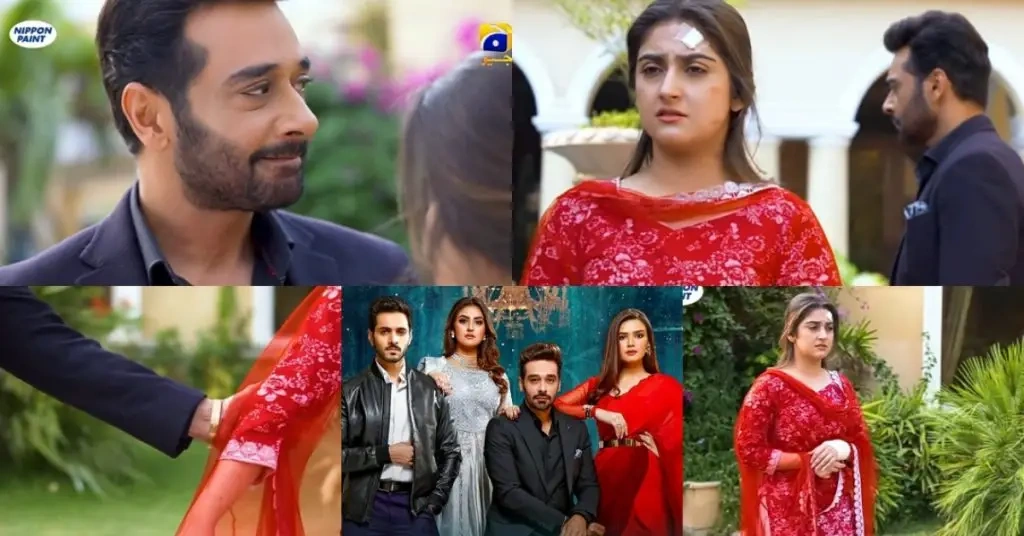
Cast Name and Role
The cast of Fitoor featured some of Pakistan’s finest actors who gave life to their characters:
-
Faysal Quraishi as Haider – A wealthy businessman haunted by his past.
-
Hiba Bukhari as Dilnasheen – An innocent girl caught between two loves.
-
Wahaj Ali as Hamza – A passionate young man obsessed with Dilnasheen.
-
Kiran Haq as Mehmal – Haider’s manipulative ex-lover.
-
Ismat Zaidi as Haider’s Mother – Representing traditional family values.
-
Saba Hameed as Hamza’s Mother – A strong matriarch.
-
Supporting cast members also played pivotal roles in shaping the story.
In this Fitoor Drama Review, it is clear that the chemistry between the leads and the strong support from secondary characters made the drama impactful. Each actor added emotional weight, ensuring the storyline never lost momentum.
Themes and Messages
At its core, Fitoor is a story about love and obsession, but it carries many layered messages for the audience. Some of the central themes include:
-
Obsession vs. Love: The drama highlights how obsession, mistaken for love, can be destructive.
-
Societal Expectations: It portrays how class and societal status influence decisions, particularly in marriage.
-
Sacrifice and Redemption: Characters often face the consequences of their choices, and only sacrifice brings closure.
-
The Burden of the Past: The show reflects how unresolved issues from the past can damage future relationships.
This Fitoor Drama Review finds that the messages were universal and relatable, resonating with audiences across different age groups. The story was not just entertainment but also a mirror to real-life dilemmas.
Loyalty, Betrayal, Justice, Greed and Its Consequences
Fitoor strongly emphasized the interplay of loyalty and betrayal. Haider’s loyalty to Dilnasheen clashed with Hamza’s obsessive betrayal of trust. Mehmal’s greed for attention and status drove much of the conflict, while justice was served subtly through the unfolding of fate rather than dramatic courtrooms.
Greed in the drama was portrayed as one of the most destructive emotions. Characters who pursued selfish desires faced devastating consequences, reminding viewers of the dangers of unchecked ambition. Loyalty, however, was shown as the foundation of strong relationships, even when tested by hardships.
In this Fitoor Drama Review, the portrayal of these themes elevated the story from a simple love triangle to a multi-layered narrative about human flaws and virtues.
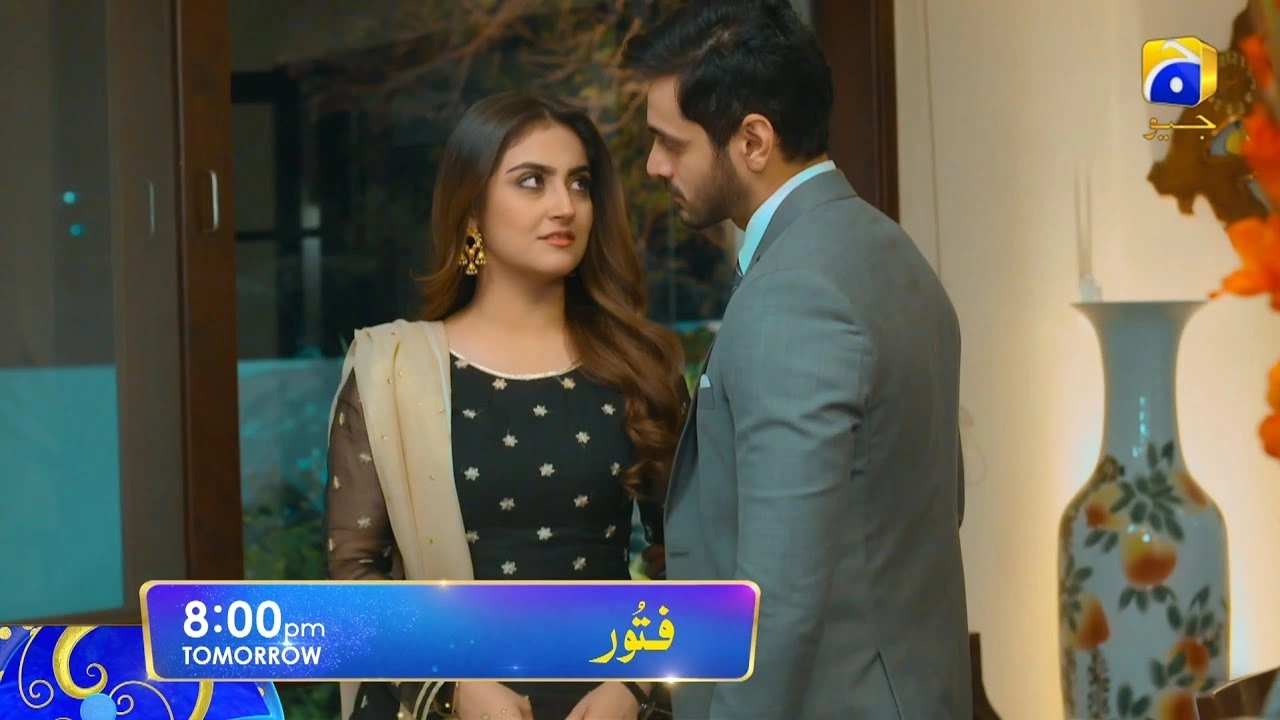 Family Dynamics
Family Dynamics
Family played a central role in Fitoor. The drama realistically showcased how families influence decisions in Pakistani culture. Haider’s bond with his mother reflected traditional expectations, while Dilnasheen’s family pressures highlighted the struggles of young women trying to balance love and societal approval.
The story also explored the contrast between supportive and manipulative family members. Hamza’s family, for example, portrayed control and dominance, adding another layer to his frustrations. On the other hand, Dilnasheen’s family was torn between protecting her reputation and understanding her emotions.
This Fitoor Drama Review points out that the drama excelled at portraying family as both a source of strength and conflict, making it relatable to Pakistani viewers who often experience similar pressures in real life.
Direction and Cinematography
The direction of Fitoor by Siraj-ul-Haque deserves special recognition. His ability to extract emotional depth from actors and his balanced storytelling style played a major role in the drama’s success. The pacing of scenes, the use of silence, and the camera angles all worked together to enhance the intensity of emotions.
Cinematography was another strong point. From lavish mansions representing Haider’s wealth to the modest homes of Dilnasheen’s family, the sets and locations reflected the social differences central to the story. Lighting was carefully used to highlight mood shifts—darker tones in moments of conflict and brighter scenes during moments of hope.
In this Fitoor Drama Review, the visual presentation stands out as a factor that made the drama more engaging, ensuring the audience remained emotionally invested throughout its 48 episodes.
Pacing and Plot Twists
One of the reasons Fitoor maintained its popularity was its carefully crafted pacing. The drama unfolded gradually, allowing the audience to fully understand the emotional states of each character. While some viewers felt the episodes stretched slightly, the majority appreciated the detailed exploration of relationships and conflicts.
The drama also offered several unexpected twists that kept viewers on the edge of their seats. From Hamza’s unpredictable behavior to Mehmal’s manipulations and Haider’s struggles with insecurity, every twist added new tension. These elements ensured that the story never felt predictable.
This Fitoor Drama Review highlights that the balance between pacing and plot twists was one of the strongest elements of the show, making it more than just a typical love story.
Strengths and Weaknesses
Like any drama, Fitoor had its strengths and weaknesses.
Strengths:
-
Powerful performances by the lead cast.
-
A strong, relatable script with universal themes.
-
High-quality direction and cinematography.
-
Emotional OST that deepened the impact.
-
Realistic portrayal of societal issues.
Weaknesses:
-
The drama had more episodes than necessary, causing some viewers to feel it was stretched.
-
Certain characters, particularly secondary ones, lacked development.
-
The repetitive cycle of obsession and manipulation sometimes slowed the pace.
Still, this Fitoor Drama Review concludes that its strengths far outweighed the weaknesses, making it a memorable addition to Pakistani television.
Audience Reception
Fitoor received massive appreciation from audiences across Pakistan and internationally. The drama consistently achieved high TRP ratings and was widely discussed on social media. Viewers praised the chemistry between Faysal Quraishi and Hiba Bukhari, as well as Wahaj Ali’s powerful performance as Hamza.
Critics highlighted its strong script and meaningful themes, though some pointed out the length as a drawback. The OST also became extremely popular, often shared on digital platforms.
This Fitoor Drama Review notes that the drama’s reception proved its success in connecting with audiences on both emotional and intellectual levels. It was not only a commercial hit but also sparked debates about love, obsession, and societal values.
Final Verdict
In conclusion, Fitoor was a drama that combined emotional storytelling, stellar performances, and meaningful themes into a single, memorable package. It wasn’t just a love story—it was a tale about human flaws, societal challenges, and the power of redemption. Despite a few pacing issues, it stood out as one of the most impactful dramas of its year.
This Fitoor Drama Review finds that anyone interested in Pakistani dramas should watch it, not only for its entertainment value but also for the lessons it offers. Whether you relate to Haider’s struggles, Dilnasheen’s dilemmas, Hamza’s obsession, or Mehmal’s insecurities, there is something in the story for everyone.
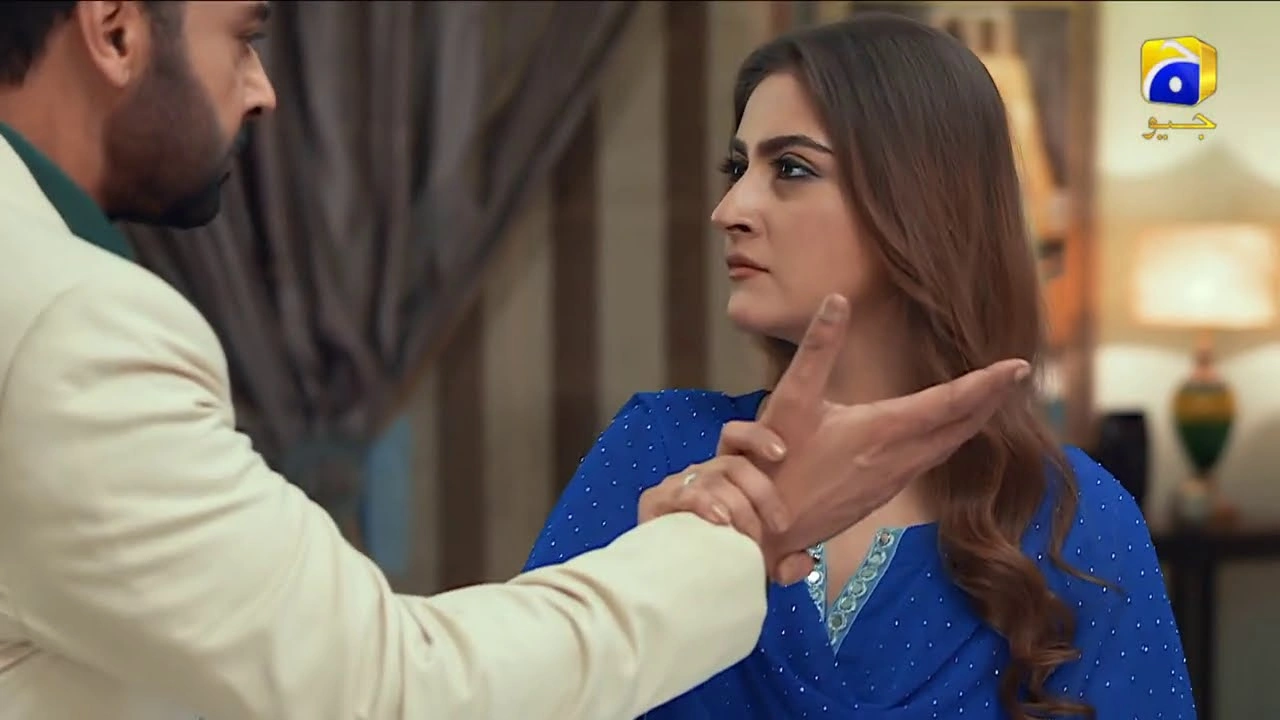
Conclusion: Wrapping Up the Fitoor Drama Review
To wrap up this Fitoor Drama Review, it is safe to say that the drama lived up to its name. The word “Fitoor” perfectly captured the intensity of emotions, from love to obsession, displayed by the characters. The story was layered, the performances outstanding, and the direction polished.
For fans of Pakistani television, Fitoor offered a blend of romance, family drama, and life lessons that made it worth the watch. Even after its conclusion, the drama continues to be remembered for its unique storyline and memorable performances.
FAQs
1. Who played the lead roles in Fitoor?
Faysal Quraishi, Hiba Bukhari, Wahaj Ali, and Kiran Haq played the leading roles.
2. On which channel did Fitoor air?
The drama aired on Geo Entertainment.
3. How many episodes does Fitoor have?
It had a total of 48 episodes.
4. Who wrote and directed Fitoor?
It was written by Zanjabeel Asim Shah and directed by Siraj-ul-Haque.
5. What is the central theme of Fitoor?
The drama mainly explores love, obsession, loyalty, betrayal, and societal expectations.
For more drama reviews, visit The Stars Unfolded


